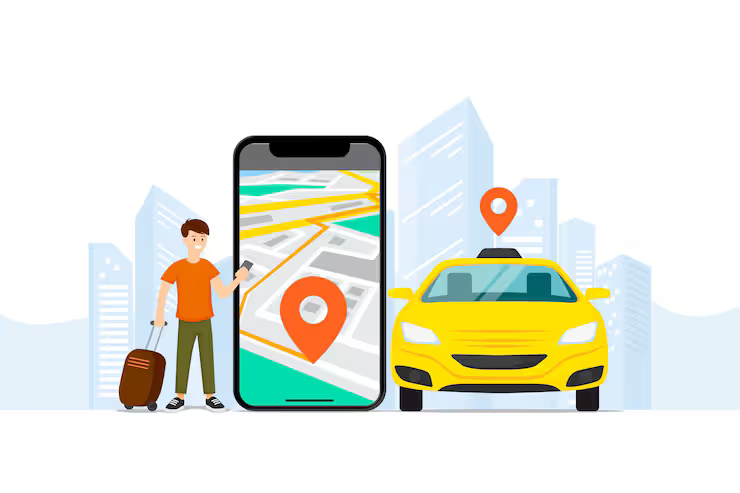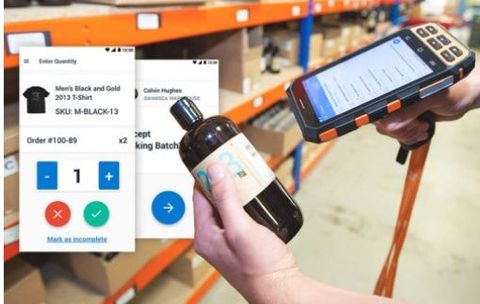The system allows passengers to book rides in advance or on-demand, track drivers in real-time, and make digital payments. For drivers, it provides consistent ride opportunities, while passengers enjoy convenience and transparent pricing. This evolution of urban mobility is one of the most significant changes in transportation in the past decade.

Importance
Online cab booking matters today because it addresses several transportation challenges:
-
Time-Saving: Passengers no longer need to wait on the roadside for taxis.
-
Cost Transparency: Fare estimates before booking help passengers budget better.
-
Accessibility: Services are available in most urban areas and expanding into smaller towns.
-
Safety Features: GPS tracking, emergency buttons, and verified driver details provide an extra layer of safety.
-
Reduced Congestion: Ride-sharing features lower the number of cars on the road.
It benefits daily commuters, tourists, professionals, and even businesses that need reliable travel arrangements.
Recent Updates
From 2024 to 2025, online cab booking has seen several key developments:
-
Electric Vehicle Integration (2024): Many platforms introduced eco-friendly EV rides in cities.
-
AI-Powered Pricing Models: Dynamic pricing became smarter, balancing demand and supply more efficiently.
-
Regulatory Support: Governments in countries like India, the U.S., and the U.K. have introduced new digital transport guidelines.
-
Subscription Plans: Some apps offer discounted monthly travel passes.
-
Contactless Payments: Digital wallets and UPI payments became the default choice for passengers.
These changes show how the sector continues to innovate, focusing on sustainability, affordability, and passenger safety.
Laws or Policies
Online cab booking services are influenced by national and regional transportation laws. Examples include:
-
Licensing Requirements: Drivers must have commercial licenses and vehicle permits.
-
Fare Regulations: Local governments often set minimum and maximum fare limits to protect both passengers and drivers.
-
Data Protection Laws: Apps must follow GDPR in Europe or DPDP Act in India to secure passenger data.
-
Safety Regulations: Many countries mandate background checks for drivers and require apps to provide SOS features.
-
Environmental Policies: Incentives are being offered for using electric vehicles in ride-hailing fleets.
These rules ensure that services operate fairly, securely, and sustainably for all stakeholders.
Tools and Resources
Several tools and platforms make online cab booking easier for passengers and businesses:
-
Mobile Apps – Uber, Lyft, Ola, Grab, and Bolt for direct ride bookings.
-
Price Comparison Tools – Websites and apps that compare fares across multiple platforms.
-
Corporate Travel Management Systems – Platforms that allow companies to manage employee travel expenses.
-
Accessibility Tools – Features such as wheelchair-accessible cab booking options.
-
Navigation Tools – Google Maps and Waze integrated into cab apps for optimized routes.
These resources improve efficiency, helping passengers and organizations save both time and money.
Frequently Asked Questions (FAQs)
Q1: How does online cab booking save money?
By showing upfront fares, ride-sharing options, and avoiding unnecessary waiting charges, passengers often spend less compared to traditional taxi rides.
Q2: Are online cab services available in smaller towns?
Yes, many providers are expanding into semi-urban and rural areas, although availability may vary by region.
Q3: Is it safe to book a cab online at night?
Most apps provide safety features like SOS buttons, GPS tracking, and driver verification, making night travel safer compared to traditional taxis.
Q4: Can I book a cab without using a smartphone?
Some providers allow bookings through websites or call centers, but most modern services are app-based.
Q5: What payment options are available?
Passengers can pay using digital wallets, credit/debit cards, UPI, or cash depending on the platform.
Final Thoughts
Online cab booking has become more than just a travel convenience—it is now an essential part of modern urban life. By saving time, offering cost transparency, and ensuring passenger safety, it continues to reshape mobility worldwide.
With ongoing updates like electric vehicle integration, AI-based pricing, and government support, the system is becoming smarter and more sustainable. For passengers, businesses, and cities alike, online cab booking provides a reliable and efficient solution for everyday travel.





